George Harrison died twenty-two years ago. As George lived, so he died, quietly, at least in contrast to John Lennon, whose death is invariably gut-wrenching. Paul Simon even wrote a beautiful song about the traumatic impact John’s death had on so many of us, ‘The Late, Great Johnny Ace’, (SoTW 078).
John was the towering figure. He was the domineering 17-year old leader of the group when Paul convinced him to allow 14-year old George to sit in with The Quarrymen. In the 1996 video documentary “The Beatles Anthology”, George was asked about his relationship with John (who had died 16 years earlier). “Well, he was John, you know. He was three years older than me. [Long, thoughtful pause.] He still is.” A 56-year old Beatle candidly showing that the acute inferiority he felt as an adolescent hadn’t been dulled a whit by a lifetime of achieving more than most humans can even dream of.
George was overshadowed not just personally, but musically as well. John and Paul eventually let him have his token song on each album (although in the first ten albums he had only three songs). His lead guitar was often hidden in the mix behind John’s rhythm guitar. No one will accuse him of being a brilliant, virtuoso guitarist. Tasteful, respectably competent, but back-seat. His vocals were the same. The leads he sang could be charming and engaging (‘Do You Want to Know a Secret’, ‘I’m Happy Just to Dance with You’, but he added some great harmonies (the high parts on ‘I’ll Be Back’, ‘Because’). He held his own in some pretty heady company, and we assume he contributed his share to The Beatles’ sound palate, even if he wasn’t at the cutting edge creatively.
But we loved George. We loved him for the contributions he did make, for helping to fill in the picture, for his gentleness and his gentility. Do you remember the scene in “A Hard Day’s Night” where he walks into the ultra-modern office of an ad agency? He encounters an abstract metal sculpture. He touches an appendage of it and comments to himself – so cool, so understated – “You don’t see many of these nowadays, do you?” How could you not love him?
[Caution: The following paragraph contains inflammatory opinions. Think about the First Amendment before you start screaming at me.–JM]
George wrote a string of self-indulgent Indian-tinged songs (‘the spiritual Beatle’) that no one likes to admit they never listen to because they don’t want to hurt his feelings (‘the sensitive Beatle’), and a number clunkers – ‘Blue Jay Way’, ‘Taxman’, ‘Piggies’ (the socially-conscious Beatle.) That’s not to mention lyrics like “It’s such a mess—Bangladesh.”
But he also contributed a few really great songs – a Beatle, after all – including two of their best, ‘Something’ and ‘Here Comes The Sun’.
If I needed something to remind me what a fine song ‘If I Needed Someone’ is, I just saw this live version from Japan. Wow. Double wow.
(And if you need more proof, check out James Taylor’s masterful cover.)
Then there’s George’s masterpiece, ‘While My Guitar Gently Weeps’. From his autobiography:
“I wrote “While My Guitar Gently Weeps” at my mother’s house in Warrington. I was thinking about the Chinese I Ching, the Book of Changes… The Eastern concept is that whatever happens is all meant to be, and that there’s no such thing as coincidence – every little item that’s going down has a purpose. “While My Guitar Gently Weeps” was a simple study based on that theory. I decided to write a song based on the first thing I saw upon opening any book – as it would be a relative to that moment, at that time. I picked up a book at random, opened it, saw ‘gently weeps’, then laid the book down again and started the song.”
The deep Beatle.
“We tried to record it, but John and Paul were so used to just cranking out their tunes that it was very difficult at times to get serious and record one of mine. It wasn’t happening. They weren’t taking it seriously and I don’t think they were even all playing on it, and so I went home that night thinking, ‘Well, that’s a shame,’ because I knew the song was pretty good.
The next day I was driving into London with Eric Clapton, and I said, ‘What are you doing today? Why don’t you come to the studio and play on this song for me?’ He said, ‘Oh, no – I can’t do that. Nobody’s ever played on a Beatles record and the others wouldn’t like it.’ I said, ‘Look, it’s my song and I’d like you to play on it.’
So he came in. I said, ‘Eric’s going to play on this one,’ and it was good because that then made everyone act better. Paul got on the piano and played a nice intro and they all took it more seriously.”
George and Eric’s was a model friendship. It was unaffected by Eric’s stealing George’s wife Pattie Boyd. Hey, bros befo’ ho’s, right?
This is how it all started according to Eric Clapton’s autobiography:
“[I had a] continuing obsession with Pattie. However hard I tried, I just could not get her out of my mind… In fact, in order to get closer to her, I had even taken up with her sister. [Pattie brought her younger sister Paula to a Delaney & Bonnie show where George was playing guitar.] After the show, when we were all back at the hotel, George, who was motivated just as much by the flesh as he was by the spirit, had taken me aside and suggested that I should spend the night with [his wife] Pattie so that he could sleep with [her sister] Paula. The suggestion didn’t shock me, because the prevailing morality [sic] of the time was that you just went for whatever you could get, but at the last moment, he lost his nerve and nothing happened. The end result was not the one George wanted, as I ended up spending the night with Paula instead of him.”
The enigmatic Beatle.
You know the official version of the song. It’s George on acoustic rhythm guitar, Paul on piano and bass. Pay special attention to Ringo’s really fine drumming here. But there’s a remarkable earlier version of the song you might not have heard. It appears on “The Beatles Anthology – Volume 3” you might know, from a demo some months earlier. It’s a whole different kettle of fish, just George playing a melancholy, reflective acoustic guitar. His voice is candid, unadulterated, exposed. And utterly captivating. A wholly affective, memorable performance. It includes a verse not in the official version. I’m not sure what it means, but I sure do love it.
So, thanks for the music, George. and RIP.
We remember you well.
I look at you all see the love there that’s sleeping
While my guitar gently weeps
I look at the floor and I see it needs sweeping
Still my guitar gently weeps.
I don’t know why nobody told you how to unfold your love
I don’t know how someone controlled you, they bought and sold you.
I look at the world and I notice it’s turning
While my guitar gently weeps
With every mistake we must surely be learning
Still my guitar gently weeps.
I don’t know how you were diverted
You were perverted too
I don’t know how you were inverted
No one alerted you.
I look from the wings at the play you are staging,
While my guitar gently weeps.
As I’m sitting here, doing nothing but ageing,
Still, my guitar gently weeps.
If you enjoyed this post, you may also enjoy:
0122: George Harrison (The Beatles): ‘You Know What to Do’/Buddy Holly, ‘You’re the One’
018 Sir Paul McCartney, ‘Distractions’
053: The Beatles, ‘In My Life’
214: The Beatles, ‘You’re Gonna Lose That Girl’
229: The Beatles: ‘I’ve Just Seen a Face’ (“Rubber Soul” at 50)
251: The Maysles Brothers, “The Beatles: The First U.S. Visit”

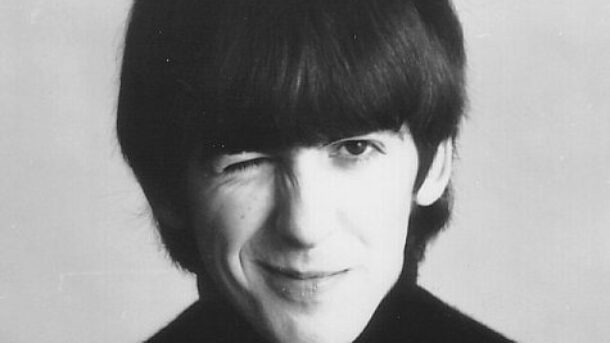
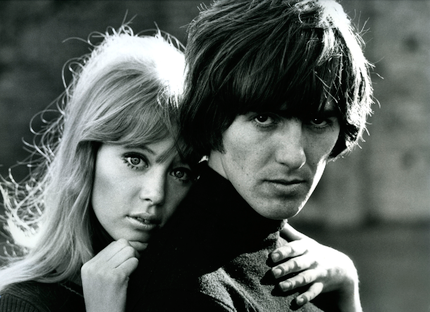
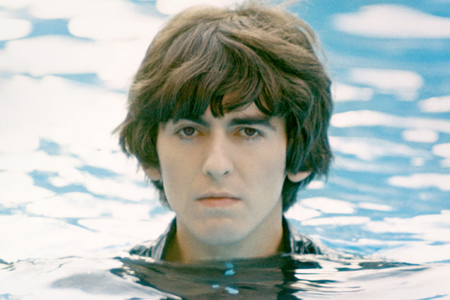
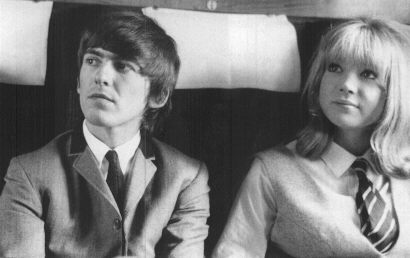
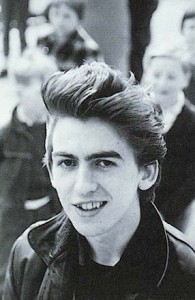
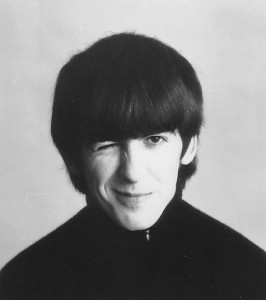
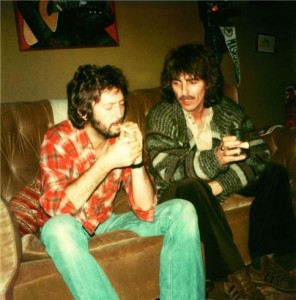
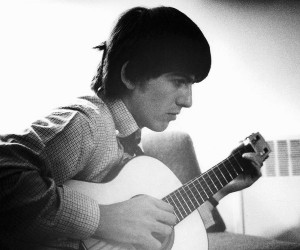
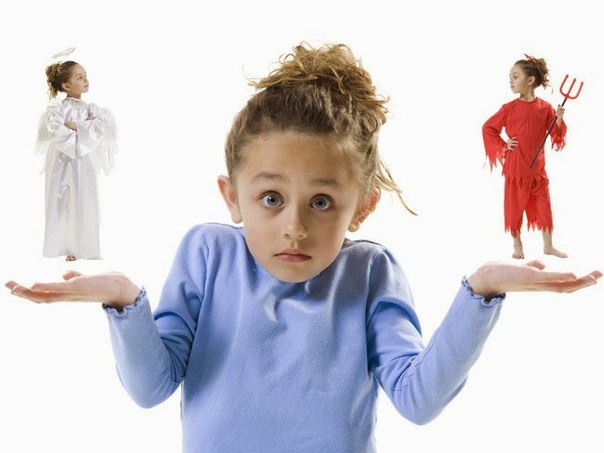
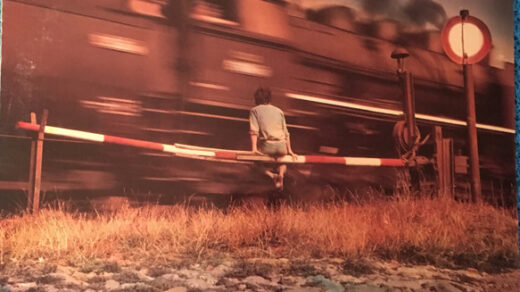
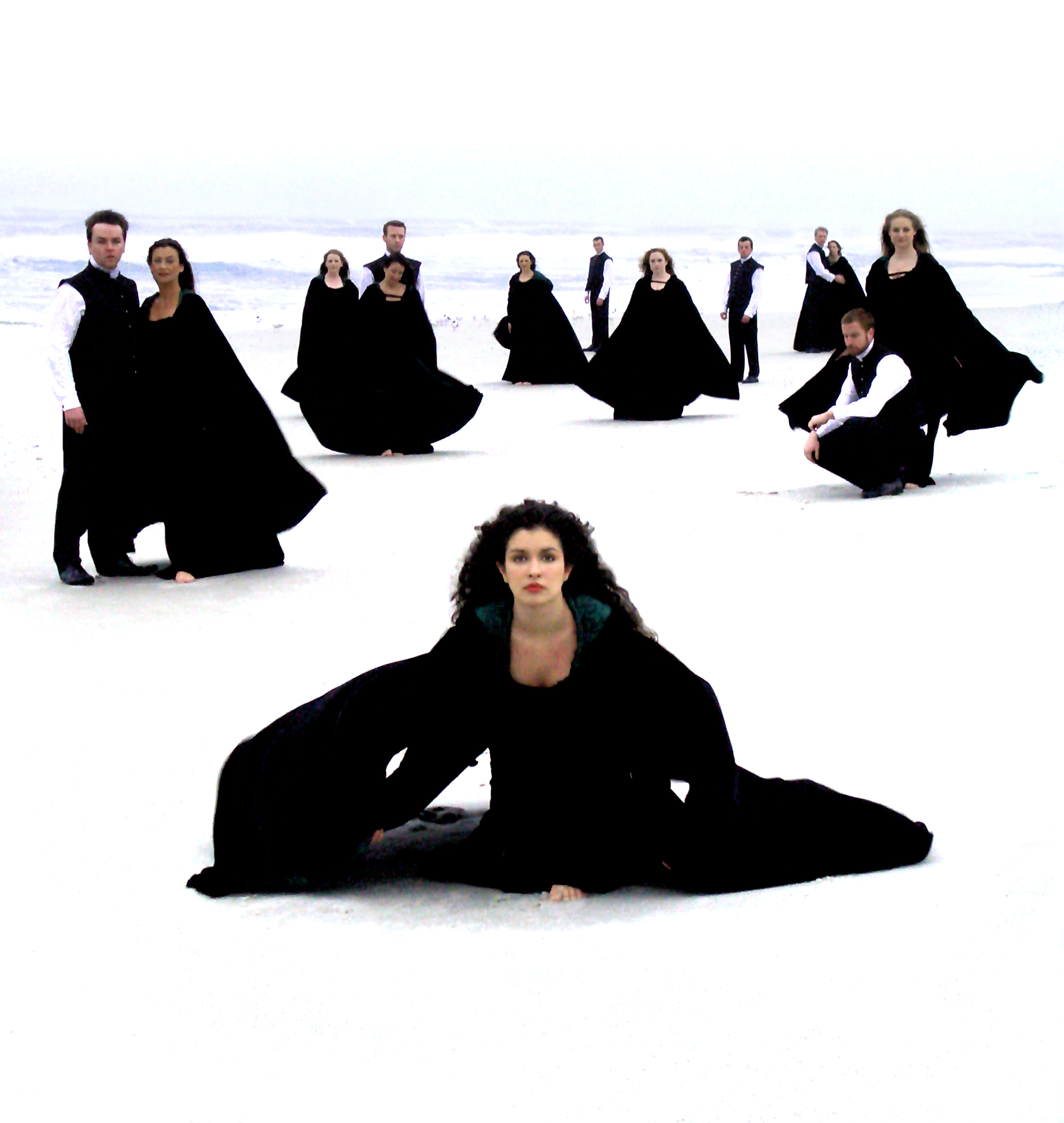
Hi Jeff:
RE: “George wrote a string of self-indulgent Indian-tinged songs (‘the spiritual Beatle’) that no one likes to admit they never listen to …” You MUST hear Patti Smith’s version of Within You, Without You on her album Twelve (covers). She sure admits listening to it (and I never skip it on Pepper). And PS -I think you’d really dig Patti’s “Just Kids” that won the National Book Award ; I was engrossed as was Howie, who I lent it to.
Thank you – Lovely posting. R.I.P George
I’ve never been a Patti Smith fan, but I certainly will follow this up. Thanks.
Nice!!!
George is definitely in our hearts and minds,
and in recent years this song has been covered more and more by other artists – I love Jeff Healey’s cover for example http://www.youtube.com/watch?v=gIHLkupzd3o
and my good friend local Blues-Rock artist Lazer Lloyd has also made it a staple in his live shows – acoustic: http://www.youtube.com/watch?v=qPcmoCGhVE8
and electric: http://www.youtube.com/watch?v=1xlfksDgvXc
I take exception and umbrage to the claim that
“George wrote a string of self-indulgent Indian-tinged songs (‘the spiritual Beatle’) that no one likes to admit they never listen to …” –
Tomorrow Never Knows for example, has been covered many times by Rock and Jazz Fusion bands, and Within You Without you too.
Without the Indian and other external influences that George brought to the group, they might have remained a typical 60’s teeny bopper rock and roll band, and not developed into the pervasive and influential musical phenomenon that is the Beatles.
In 1968 I was in Israel physically, in rock music mentally. I met an Indian immigrant who had barely heard of The Beatles. I figured I’d really wow him, played ‘Within You, Without You’ for him. He seemed to enjoy it, and when it was over he said in his heavy pidgin-English accent, “Rockandroll!”
There are two single artists who I still listen to after growing up in the ’60’s and one of them is George Harrison. His acoustic version of this song I played to an audience of 600 for a 4-night stand in college having never hear it before. George’s acoustic version still haunts me 25 years after hearing it for the first time on the Anthology collection.
liked it! shabbam shalom, yours, George.
Oops, Jeff. I’m well aware of George’s
shortcomings as a writer, especially compared to his genius bandmates, but Taxman is hardly a “clunker”. It was topical, witty “Now my advice for those who die, declare the pennies on your eyes”, rocked hard, featured the best solo in all of Beatledom (Macca’s, I know) and there is NO WAY that John, Paul or the other George would have allowed it be the opening track on arguably their greatest album if they didn’t think it was beyond worthy. Just had to declare my two cents.
I always learn from reading your articles, whether it’s artists I know, and especially those I don’t. I’m sure I read this in 2011, but it’s fresh on this reading. After Clapton’s story, I wonder if that verse is referring to what happened then, or perhaps it’s a commentary on what was happening in the studio.
I also loved George’s sculpture line. He was given the best line in the whole movie, IMO; on the train, when they start playing around loud and crazy to bug that stuffy businessman, who says, “We fought the war for your kind.” George: “Bet you’re sorry you won.”
I like Taxman and, to my surprise, Blue Jay Way, as well. There’s a good. long, documentary about George on Netflix although I don’t remember some of the information you’ve given us here being on it. I the story of George asking Eric Clapton to play on his song but I don’t recall the preamble being there, that the others were not giving it fair due. The more I saw of the documentary, the more his spiritual beliefs seemed silly to me or self-contradictory. And near the end, his second wife seems to be saying that he was quite the playboy without actually saying so. There is an article online about a visit that he allegedly took to the US for an extended stay with relatives in the US just as The Beatles were getting going. No one knew anything about him and everyone was surprised to see what a good performer he was. He dominated the stage at a local bar. I was surprised too because that wasn’t his role in the group.
As charismatic as the other three boys were, George was by far the “handsome” Beatle, sorry Paulie! As a young girl staring up at the movie screen both at “A Hard Day’s Night” and “Help,” his dark, mysterious persona was most intriguing. He became more so as he got older. I think “Taxman” is one hell of a track and I love the crunchy, neurotic harmonies. Very satisfying.
This iSOtW is one of his best, but I’ve always been a sucker for “Something.”
I remember reading an account of his final days by Sir Paul. He said that he went to visit him and George seemed to glow from within. They held hands and just talked for the first time in years….”me little brother and me.”
“In the first 10 albums he had only 3 songs.” Which 10 albums? These are songs he sang lead on or songs he composed? I question your math and
your opinion concerning his overall influence within the group. Put every song that George sang lead on and/or composed on one CD and the per
cent of great music would outshine each of the others’ bodies of work—quality, not quantity, is paramount. However, notwithstanding their individual
accomplishments, remember, it is as a unified group that the Beatles remain the greatest band of all time.